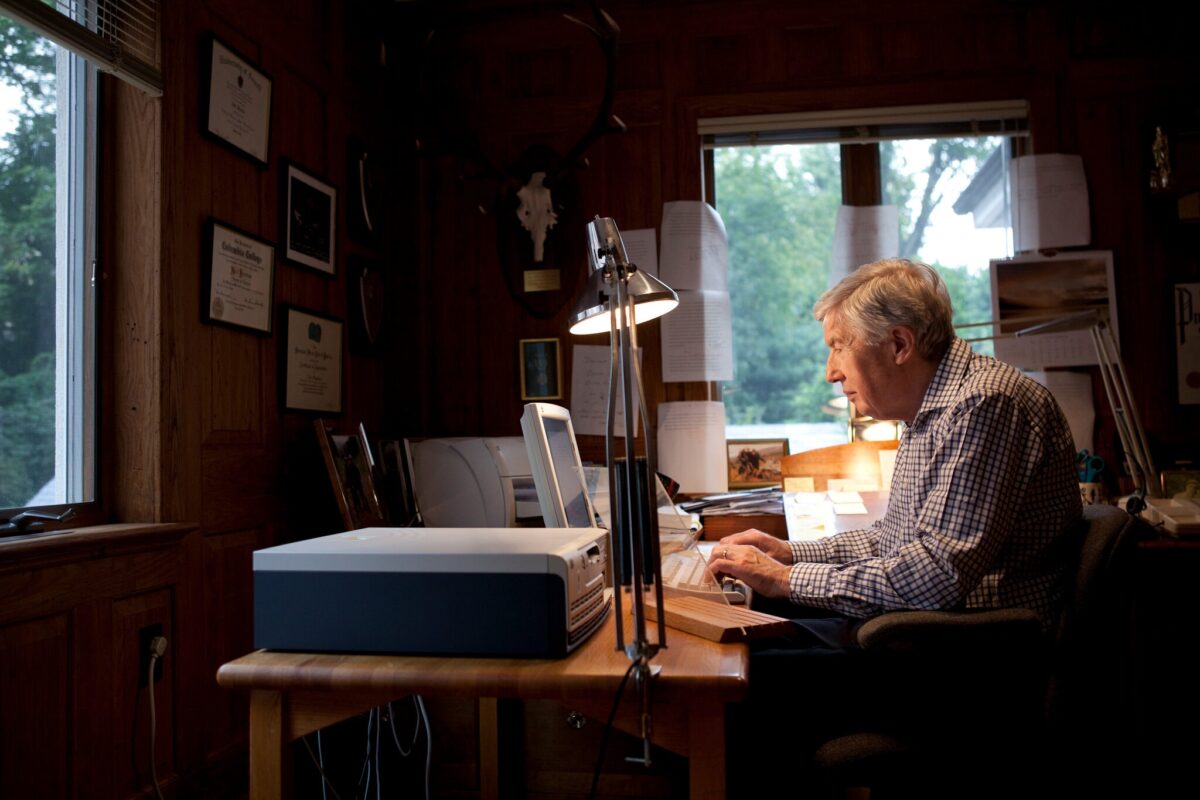By Ray McGovern
In a Jan. 8 opinion piece for The New York Times, former NYT reporter Hedrick Smith included what amounts to a eulogy for his former colleague, the late Neil Sheehan to whom Dan Ellsberg turned to get the Pentagon Papers published. ( See: https://www.nytimes.com/2021/01/08/opinion/neil-sheehan-pentagon-papers-vietnam.html?action=click&module=RelatedLinks&pgtype=Article ). Hedrick Smith helped assemble and comment on the NYT reporting on what Ellsberg had given to Sheehan — for which they shared a Pulitzer Prize.
They should name The NY Times building after Neil Sheehan, for it was the best of Times, so to speak, for the Gray Lady.
More relevant today is this fact: Neil Sheehan is to Daniel Ellsberg as Julian Assange is to Chelsea Manning. Ellsberg and Manning each needed some way to reveal U.S. war crimes (See, for example, https://daserste.ndr.de/panorama/archiv/2019/Shooters-walk-free-whistleblower-jailed,panor165.html .)
Here is how Hedrick Smith describes Sheehan’s (and his own) shock at reading what Ellsberg provided:
“But it was also a shock, a palpable body blow to open up documents day after day after day and see how often, how easily, how callously high government officials, civilian as well as military, had lied to or grievously deceived Congress, the media and the American public, and how, even as reporters wary of governmental deception, we had often understated reality. “With a sense of vindication, his sharp brown eyes bursting in anger and amazement, Neil would almost lunge at me as he charged bitterly: “Rick, these bastards in government have been lying to the American people for years and years and years, lying about a war and policies that they knew weren’t working and that they knew the American people would never stomach if they were told the truth. And now we’ve got the goods on them, in their own words, in their own documents. They can’t deny the truth any longer. The American people have a right to know the truth now. They have paid for this truth with blood and treasure, tens of thousands of lives lost and all that the money wasted when it could have been doing good in our own country.” [Emphasis added.]
Smith continues: “It was that powerful passion, that profound moral fervor about the people’s right to know the truth, however ugly, however awful, that marked Neil Sheehan as a unique reporter — and that made him uniquely able and morally empowered to tell the most compelling and important story of the Vietnam era.”
And so it was with Daniel Ellsberg and Neil Sheehan — but not, I am sorry to admit, with me.
In mid-1967, I knew the truth about how Gen. William Westmoreland was lying through his teeth. My colleague CIA analyst Sam Adams told me that in a cable dated Aug. 20, 1967, Westmoreland’s deputy, Gen. Creighton Abrams, set forth the rationale for the deception. Abrams wrote that the new, higher numbers (reflecting Sam’s count, which was supported by all intelligence agencies except Army intelligence, which reflected the “command position”) “were in sharp contrast to the current overall strength figure of about 299,000 given to the press.” Sam’s count was double that; he was proven right just five months later when the Viet Cong attacked en masse. Virtually every city, town, and village in South Vietnam (not to mention the U.S. embassy is Saigon, as well).
Abrams emphasized, “We have been projecting an image of success over recent months” and cautioned that if the higher figures became public, “all available caveats and explanations will not prevent the press from drawing an erroneous and gloomy conclusion.” [Emphasis added.]
To read more on this, see my apologia “Truth and Lives vs. Career and Fame at: https://consortiumnews.com/2017/08/20/truth-and-lives-vs-career-and-fame/
It was Julian Assange who devised a way that fearful analysts like me could get the truth out with verifiable documents — with the push of a computer key — no carbon paper, no mimeograph, no thermofax, no Xerox machine needed. Not to mention the reasonable prospect that a leaker could escape detention, while doing a courageous, patriotic, dangerous act.
Were WikiLeaks available in 1968, I think I might have summoned the courage to take advantage of the immediacy and anonymity it provides. Easy to say in retrospect, but I believe I would have tried to obtain a copy of that damning cable from Gen. Abrams and given it to WikiLeaks. The war dragged on for seven more years.
And so it is with those who could have blown the whistle on U.S. government ineptitude before the attacks of 9/11. (See the LA Times: WikiLeaks and 9/11: What if? http://articles.latimes.com/2010/oct/15/opinion/la-oe-rowley-wikileaks-20101015 .)
So they come after Julian Assange, as they tried to prosecute Dan Ellsberg, charging them under a century-old, probably unconstitutional “Espionage Act”. Enough said.

